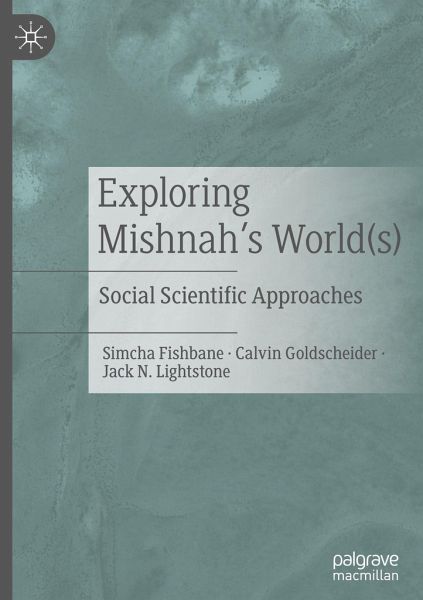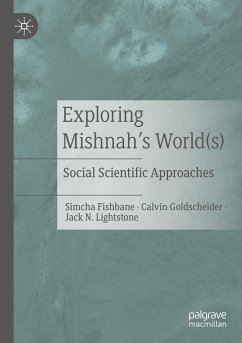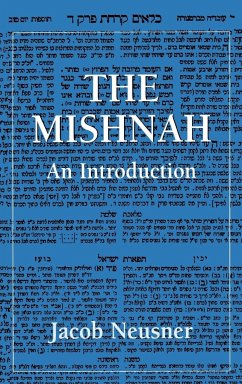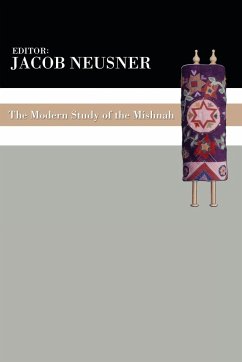
Exploring Mishnah's World(s)
Social Scientific Approaches
Versandkostenfrei!
Versandfertig in 6-10 Tagen
91,99 €
inkl. MwSt.
Weitere Ausgaben:

PAYBACK Punkte
46 °P sammeln!
This book provides a new conceptual and methodological framework the social scientific study of Mishnah, as well as a series of case studies that apply social science perspectives to the analysis of Mishnah's evidence. The framework is one that takes full account of the historical and literary-historical issues that impinge upon the use of Mishnah for any scholarly purposes beyond philological study, including social scientific approaches to the materials. Based on the framework, each chapter undertakes, with appropriate methodological caveats, an avenue of inquiry open to the social scientist...
This book provides a new conceptual and methodological framework the social scientific study of Mishnah, as well as a series of case studies that apply social science perspectives to the analysis of Mishnah's evidence. The framework is one that takes full account of the historical and literary-historical issues that impinge upon the use of Mishnah for any scholarly purposes beyond philological study, including social scientific approaches to the materials. Based on the framework, each chapter undertakes, with appropriate methodological caveats, an avenue of inquiry open to the social scientist that brings to bear social scientific questions and modes of inquiry to Mishnaic evidence.






![Tractate Sanhedrin, Mishnah and Tosefta [microform] Cover Tractate Sanhedrin, Mishnah and Tosefta [microform]](https://bilder.buecher.de/produkte/67/67262/67262175n.jpg)







